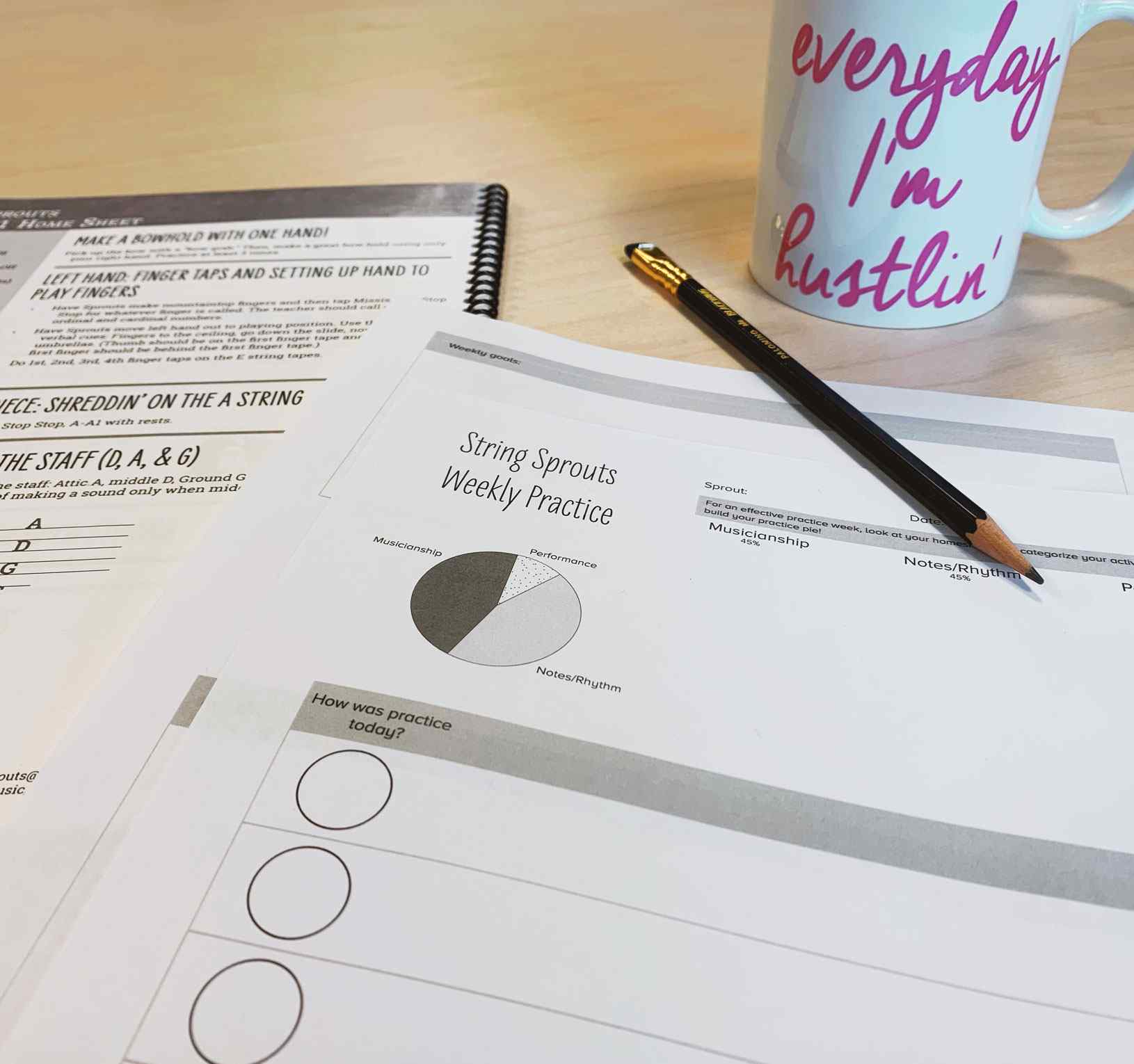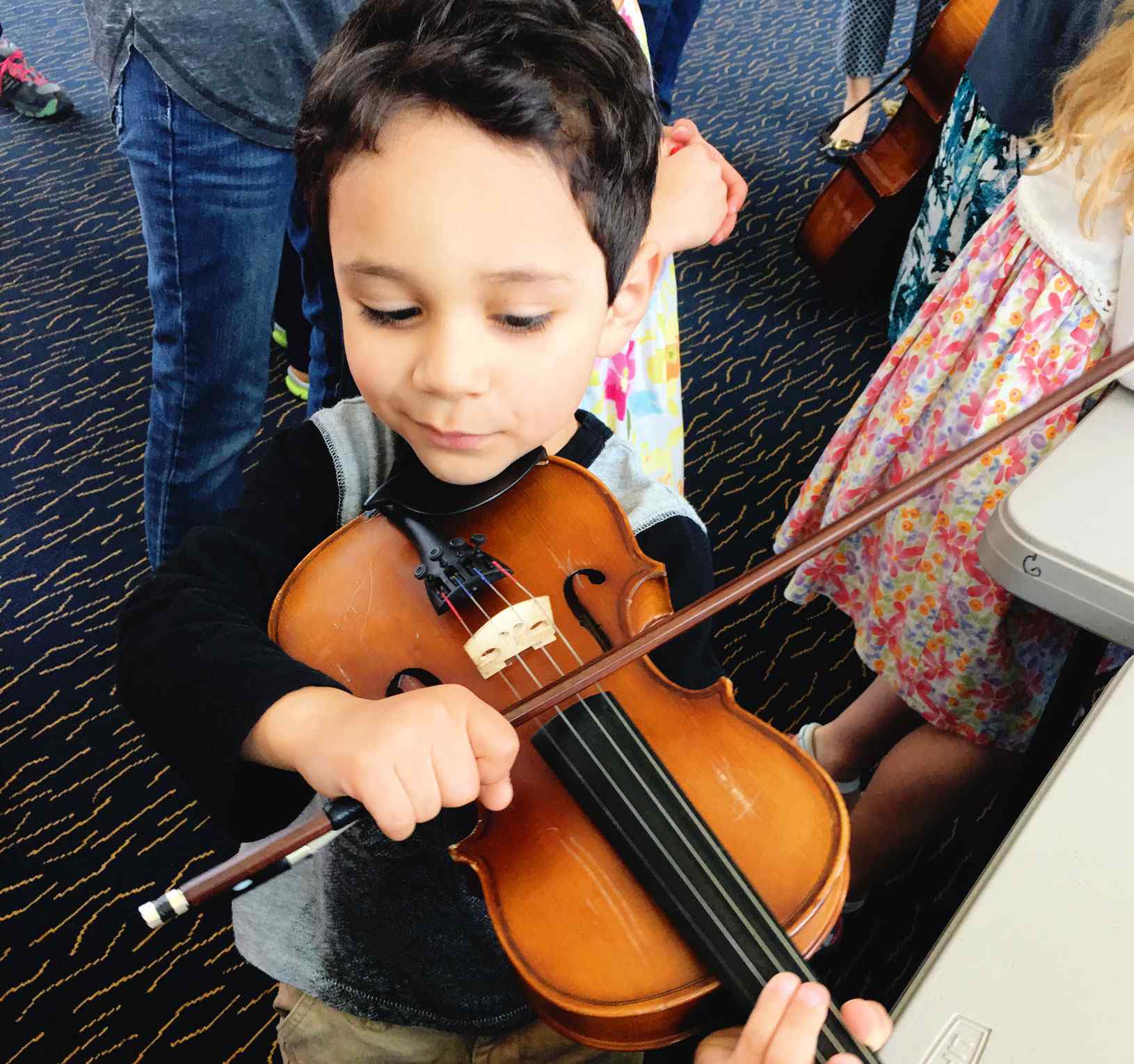Caregiver Tip, Practice • May 10, 2019

There are days where we can all identify with Veruca Salts from Willy Wonka. We want what we want immediately. Instant gratification is just so…delightful. A friendly barista that quickly gets you a coffee, working out once and losing a pound or two; we want to see results now.
Appreciating delayed gratification is an acquired taste, but one we all need in adulthood. The famous Marshmallow Experiment was executed at Stanford in the 1960’s which tested 4-year old student’s ability to delay gratification for a greater reward. Students were given a marshmallow and if they waited until the adult came back before eating it, they could eat two marshmallows. If they ate it while the adult was gone, they only received the one to eat. They followed the students later in life and the students who waited for the 2nd marshmallow had higher academic scores later in life.
Before you think “oh, they just were born knowing that skill”, the University of Rochester replicated the test with an alteration: before they began, they set up an encounter with an adult who gave them a crayon and then promised more art supplies when they returned. For half the students they lied and did not give them the art supplies and then tested them on the marshmallow test. The results are the students group that received their delayed reward of art supplies were trained that positive things happen when you wait. The other group? They learned quickly that waiting didn’t result in anything (and quite honestly rationally questioned if this adult could be trusted).
Here’s the great news: we now know that we can teach our kids that delayed gratification is worth it! The question now is how do we help our kids to learn that skill?
The beauty of music is that it teaches us so much more. Sometimes pieces just make sense and sound lovely rather quickly. Other pieces take more time and hard work, focusing on small details and two notes at a time. The key to helping students feel that delayed gratification is worth it is to positively cheer them on while they endure the work, and be sure to celebrate when they reach their goal. If we don’t celebrate, we don’t feel the gratification!
It can be liberating to know we can teach ourselves to embrace a delayed reward, but remember to keep going until you reach your identified goal. Quitting or changing goals only reinforces that it wasn’t worth it and feeds the Veruca inside you!



